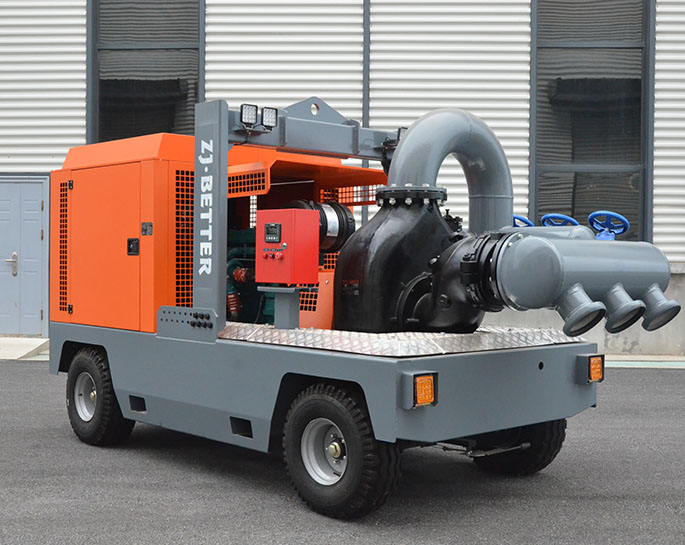Countermeasures to prevent common failures of mobile pump trucks
Preventing common failures of mobile pump trucks requires a proactive approach to maintenance, operation, and monitoring. Here are some countermeasures to help prevent these issues:
-
Regular Maintenance: Implement a scheduled maintenance program that includes routine inspections, lubrication, and parts replacement as needed. Follow the manufacturer's recommendations for maintenance intervals.
-
Hydraulic System Maintenance: Check the hydraulic system for leaks, damaged hoses, and proper oil levels regularly. Address any issues promptly to prevent more significant problems.
-
Electrical System Maintenance: Inspect the electrical and control systems for loose connections, damaged wires, and malfunctioning components. Ensure the control panel is functioning correctly.
-
Wear Parts Replacement: Keep an eye on wear parts like pistons, wear plates, and pipe bends. Replace them as recommended by the manufacturer or when they show signs of wear.
-
Engine Maintenance: Regularly service and maintain the truck's engine to prevent overheating, oil leaks, and mechanical failures. Ensure proper oil and coolant levels.
-
Boom System Inspection: If your pump truck has a boom system, regularly inspect and maintain it to ensure smooth operation, stability, and safety.
-
Quality Concrete: Use high-quality concrete with the correct mix proportions to reduce the risk of blockages and pump malfunctions caused by poor concrete quality.
-
Operator Training: Provide comprehensive training to pump truck operators to ensure they understand the equipment's capabilities, limitations, and proper operating procedures. Emphasize safety and responsible use.
-
Load Capacity Awareness: Ensure operators are aware of the pump truck's load capacity and never exceed it. Overloading can lead to equipment failures and accidents.
-
Environmental Considerations: Take weather and environmental factors into account. In adverse conditions, such as extreme temperatures or strong winds, adjust operation or consider postponing work when necessary.
-
Concrete Mix Design: Collaborate with concrete suppliers to ensure that the mix design is suitable for pumping, reducing the risk of blockages and other issues.
-
Clean Pump Lines: Regularly clean pump lines to prevent blockages caused by concrete buildup. Flushing the lines with water after each use can help.
-
Hopper and Agitator Maintenance: Keep the hopper and agitator in good condition, cleaning them as needed to prevent blockages or issues with concrete flow.
-
Inspections Before and After Use: Conduct thorough pre-operation and post-operation inspections to detect any issues early and address them promptly.
-
Record Keeping: Maintain records of maintenance and inspections, including dates and any issues found. This documentation helps track the equipment's condition over time.
-
Emergency Response Plan: Develop an emergency response plan for unexpected equipment failures or accidents. Ensure that all operators and crew members are aware of the plan and can execute it effectively.
By implementing these countermeasures, you can significantly reduce the risk of common failures in mobile pump trucks, extend the equipment's lifespan, and maintain a safe and efficient construction process.


.png)
.png)

.png)


